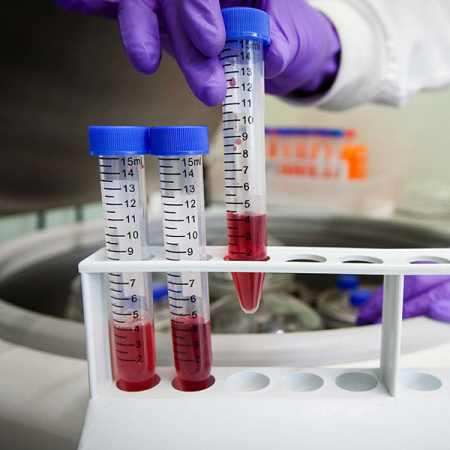Description
Throughout the course, you will gain insights from renowned experts in genomics, covering a range of essential topics:
- Foundations of fetal genomics:
- understanding the genomic basis of fetal development, genetic health and chromosomal abnormalities; and
- techniques in fetal genomics, including non-invasive prenatal testing (NIPT), chorionic villus sampling (CVS), amniocentesis and advanced genomic analysis methods.
- Genomic data interpretation:
- analysis and interpretation of genomic data related to fetal health conditions; and
- comparison of fetal genomic data with postnatal information and additional investigations such as imaging techniques.
- Clinical applications:
- ethical considerations and decision-making in fetal genomics;
- communicating results, risks and uncertainties to patients through genomic counselling; and
- early detection and potential treatments for fetal conditions.
- Interdisciplinary collaboration:
- effective communication and teamwork among healthcare professionals in fetal genomics; and
- case studies showcasing the application of fetal genomics in clinical practice.
- Current and emerging trends:
- latest advancements in fetal genomics, including new techniques and early intervention potentials; and
- the role of bioinformatics and the significance of conducting genomic research in diverse populations.
- Comprehensive care:
- formulating comprehensive care plans based on genomic data;
- addressing psychological and social considerations in prenatal care; and
- involving families in decision-making processes.
Learning outcomes
By the end of this module you will be able to:
- Evaluate key concepts in genomic data as relating to fetal health and genetic disorders.
- Demonstrate interdisciplinary communication skills and teamwork in the context of fetal genomics.
- Reflect on the ethical implications of genomics in fetal medicine and the need for responsible handling of sensitive information.
- Develop detailed care plans incorporating genomic data.








